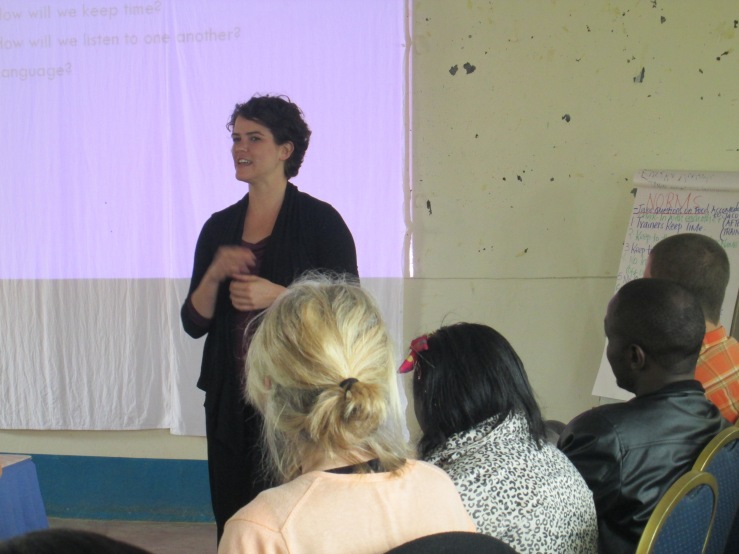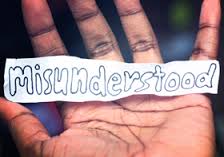I am not an all day, 7 days a week reader thus very picky when it comes to what I read. Dr. John M. Perkins is one of the few writers that I think have so much wisdom gained from decades of experience in communities. In beyond charity, he asks and answers a few questions. This one in particular, I want to share;
How do we affirm the dignity of people, motivate them and help them take responsibility for their own lives? By beginning with the people’s felt needs we establish a relationship and a trust, which then enables us to move to deeper issues of development. This idea of beginning with people’s felt need is what is called the felt need concept. It is summed up in a Chinese poem…
Go to the people
Live among them
Learn from them
Love them
Start with what they know
Build on what they have:
But of the best leaders
When their task is done
The people will remark
“We have done it ourselves.”
Some however sometimes go in like this…( in communities)
Go to the people with an agenda
Observe the people (maybe)
Tell them what to do
Enable, manipulate and take advantage of them
Even lie to them
Start with what they don’t know
Tell them what you think they should know
But the worst of leaders
will do things TO the community
instead of WITH the community
The people will ask
“What have they done to us?”
Whenever, I go through this poem, I see it in a different light. We need to affirm people’s dignity and break down the wall of distrust–before we talk to them about who we are or anything about ourselves.It’s easy for some of us to come into a situation with all the answers…because although we would never want to admit it…we see ourselves as smarter, more educated, more experienced, the list is endless. We often think we know what is best for a community. We force our opinions, thoughts, ideas, etc on a community. When in fact, we do more harm to the community than help. The community isn’t transforming or coming together, but being torn apart instead. I know I don’t have all the answers and I am absolutely okay with it. In order to become a great leader you must realize that you are always a learner….are you willing to learn?
Liz Njeri- Tatua Kenya Community Organizer.



